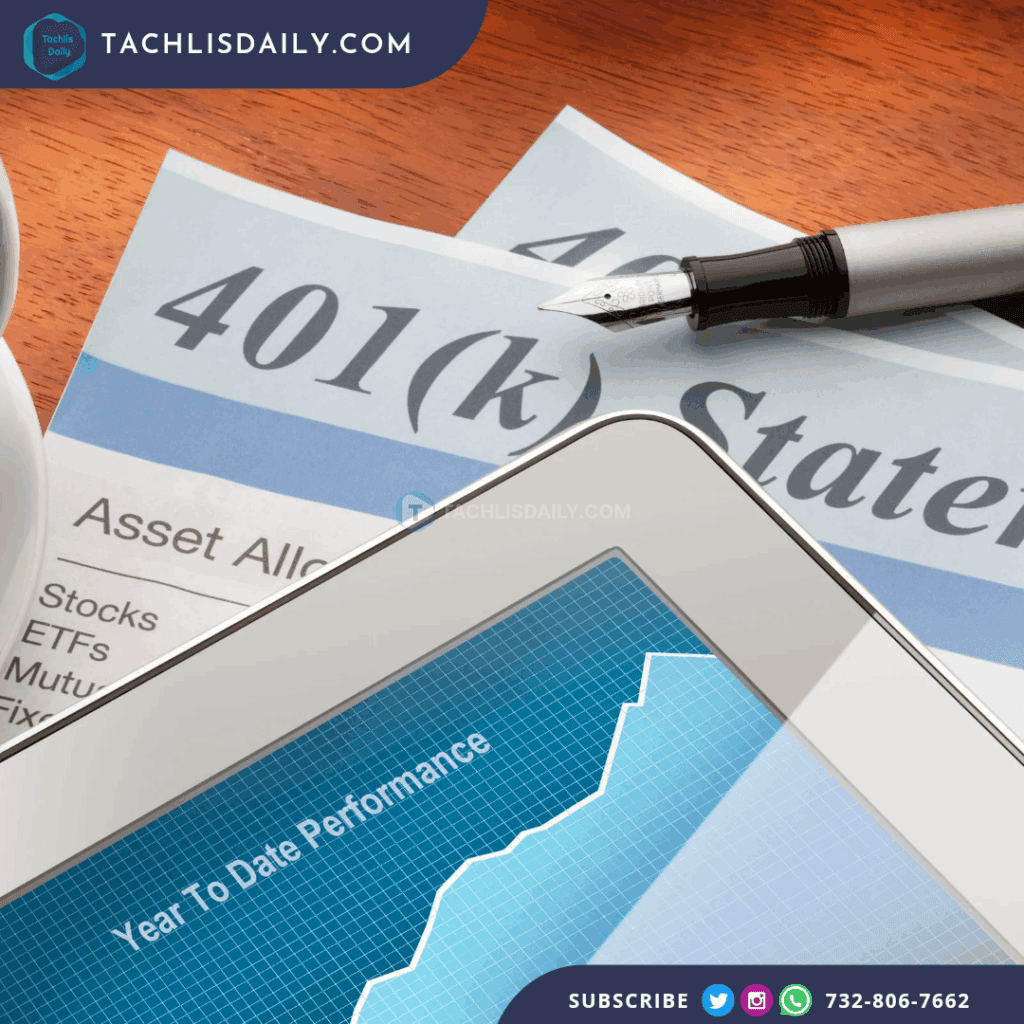President Donald Trump is reportedly preparing a groundbreaking executive order that could significantly reshape the retirement landscape for millions of Americans. The order would direct federal agencies to develop clear guidance for employers and retirement plan administrators on incorporating private-market assets into 401(k) plans.
According to insiders, the order is still under review, but the central goal is to expand access to alternative investments such as private equity, venture capital, real estate, and hedge funds — asset classes that are not traded on public exchanges. These investments, while carrying higher risk, also promise potentially higher returns compared to traditional assets like stocks and bonds.
Supporters of the move argue that allowing these investments will give workers more diverse tools to build long-term wealth. Bryan Corbett, president and CEO of a trade group representing private fund managers, noted that broader access could offer Americans better chances to diversify portfolios and strengthen retirement security.
The idea is not entirely new. In 2020, the Labor Department during Trump’s first term issued guidance that opened the door to private equity in target-date funds under specific conditions. That policy was later reversed by the Biden administration, citing concerns over risk and transparency.
Now, Trump’s renewed interest in this approach appears to be spurring innovation within the financial industry. Firms like Apollo Global Management and State Street have already rolled out target-date funds with private-market components. Blue Owl Capital has also announced a partnership with Voya to deliver 401(k) products that include private assets.
While advocates hail the initiative as a much-needed modernization of retirement planning, critics warn that exposing average investors to complex and opaque private markets could lead to substantial losses. These assets are typically illiquid and lack the regulatory oversight and disclosure requirements of publicly traded securities. Detractors argue that most workers may not have the financial literacy or resources to properly evaluate such investments, making them vulnerable to poor decision-making or predatory schemes.
Still, others see the potential shift as a way to eventually reframe the broader conversation around retirement and even Social Security, by placing more emphasis on individual wealth-building through market participation.












